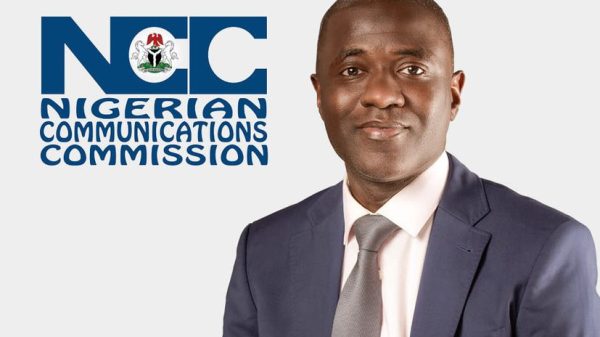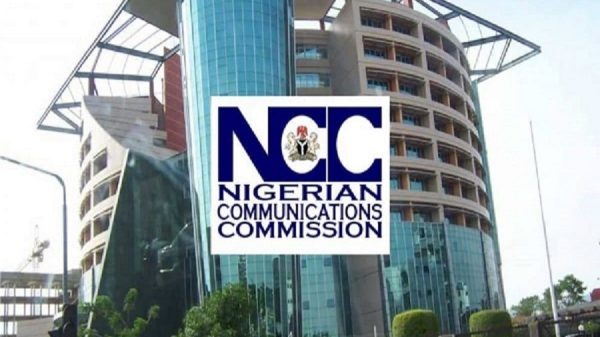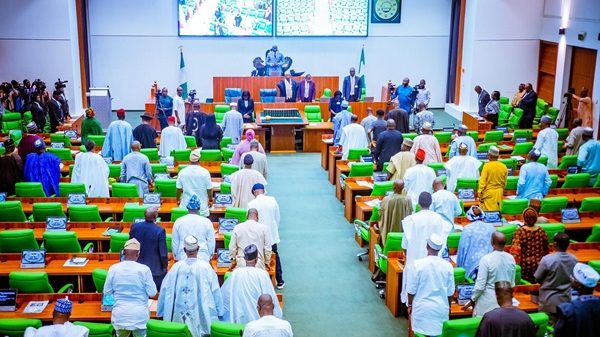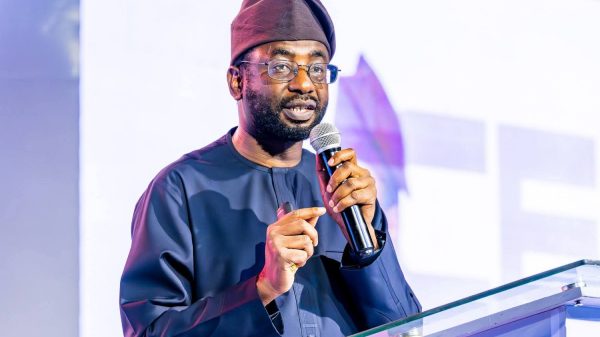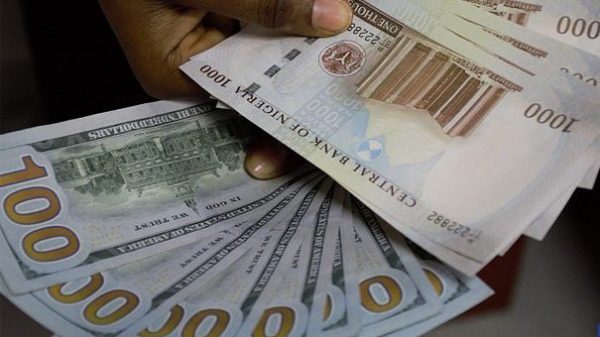Power generation companies on Sunday said the recent incessant blackouts across the country were because the weak infrastructure of transmission and distribution companies had rendered the quantum of electricity generation in Nigeria inconsequential.
Speaking at a press briefing in Abuja, the Executive Secretary, Association of Power Generation Companies, Joy Ogaji, kicked against the position of the Transmission Company of Nigeria that the Gencos were to blame for poor power supply nationwide.
On March 8, 2022, the TCN ascribed the low power generation in Nigeria to Gencos’ inability or refusal to generate power, as the transmission company absolved itself of any responsibility from the ongoing shortage of power supply across the country.
But the Gencos on Sunday countered the claims of TCN, as Ogaji insisted that the transmission infrastructure put in place by TCN was weak.
She said, “Since 2013 when the power sector was partially privatised till date, weak and inadequate infrastructure (transmission and distribution) have continued to render inconsequential, a significant portion of the generation capacities recovered or added by Gencos through huge investments to increase their respective generation capacities.
“While the owners of the Gencos invested and increased generation capacity up to 13,000 megawatts across the country, no corresponding investment and improvements were made at the transmission and distribution ends.
“The result was the significant stranded capacity of Gencos, which ironically, Nigerians are in dire need of but cannot get.”
Ogaji explained that capacity utilisation in any market was often used as a measure of productive efficiency, adding that decisions about investments in power generating capacity were dependent on expected returns and costs.
“The persistence of this anomaly over these years compelled Gencos to begin to question the commercial reasonability of continued investment in recovery or expansion of generation capacity that would end up being stranded and not utilised to transmit and distribute electricity to end-users who are yearning for same,” she stated.
The APGC rejected the claim by TCN that Gencos were to blame for the low power supply in Nigeria, as the association further stated that Gencos were also being owed billions of naira by the power market through the Nigerian Bulk Electricity Trading Plc.
“We reject any attempt to continue to extend the blame game by suggesting that Gencos are responsible for the current state of things in the power sector.”
Nothing can be farther from the truth than that,” Ogaji stated.
But the NBET disputed the figures quoted by the Gencos, saying only companies with active gas supply and transportation contracts were paid for unutilised capacity.
The Head, Corporate Communications, NBET, Henrietta Ighomrore, said the claims by Ogaji that the Gencos had the capacity to generate 9,000MW was not accurate as inspections by NBET showed that the capacity did not exist.
SOURCE: PUNCH
![]()

